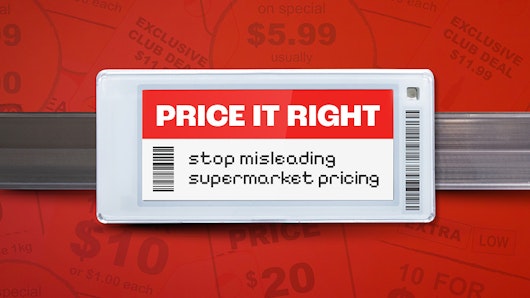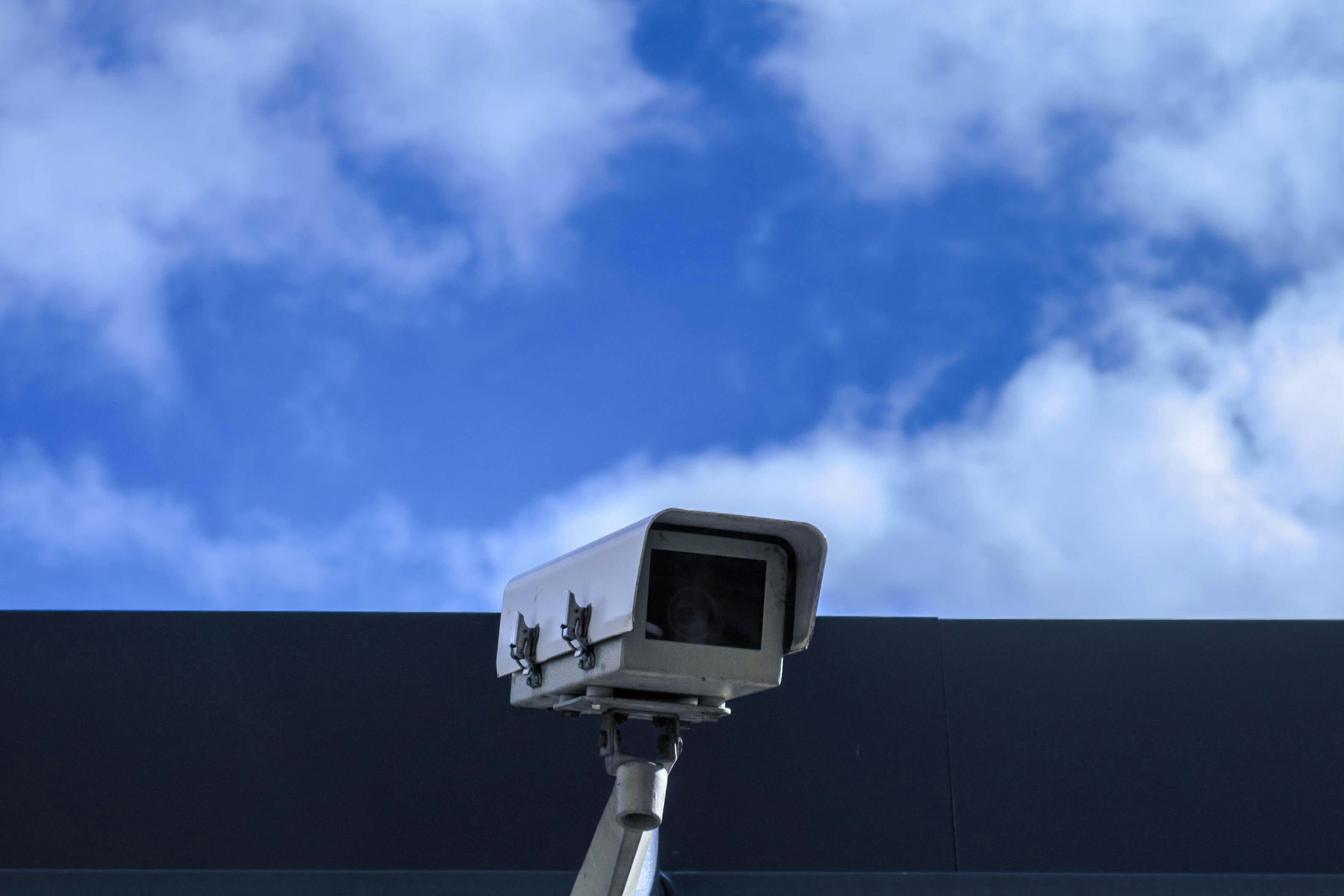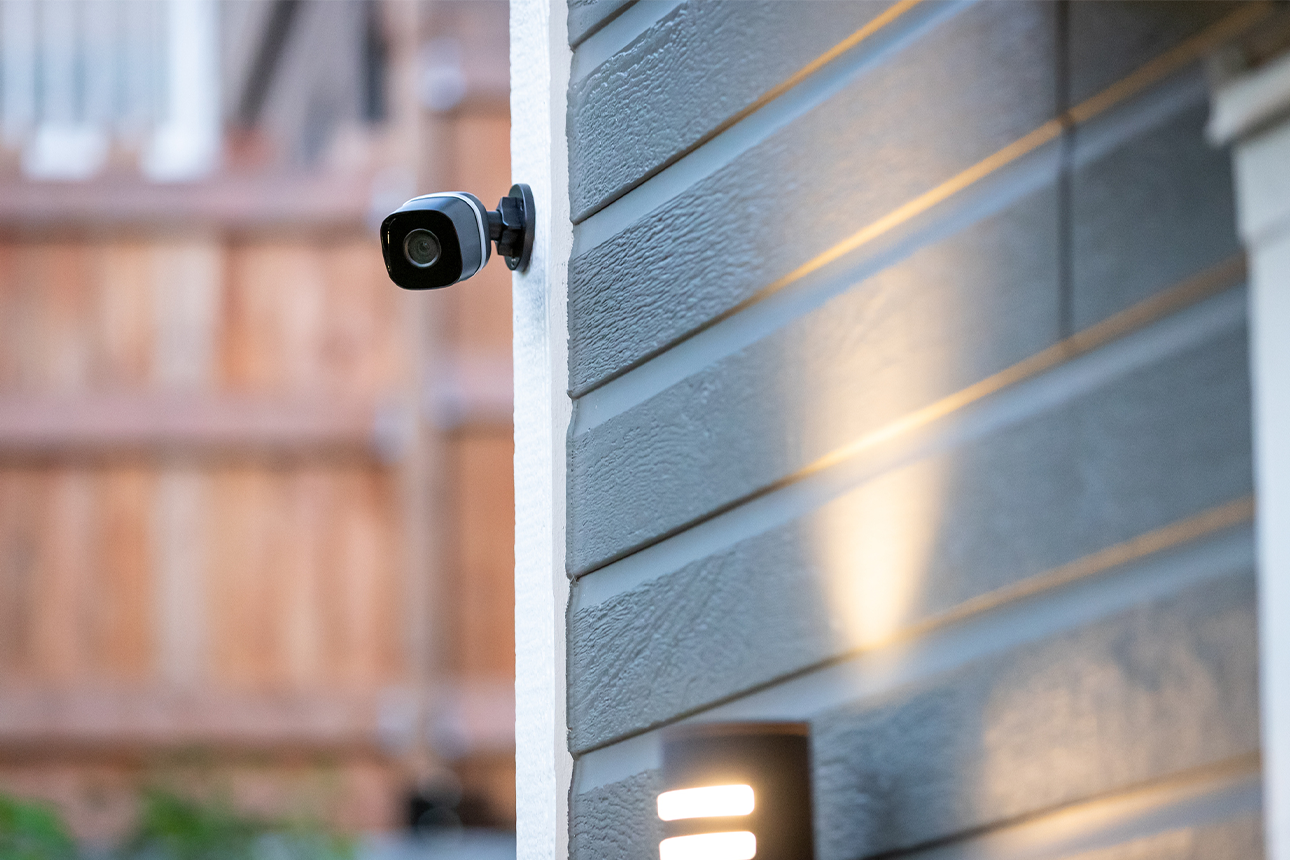
By Jon Duffy
Chief Executive | Tumu Whakarae
I’ve got a mate who used to be a ginger, like me, before he went bald. He grew up being targeted for looking different. So when he started losing his hair, he almost felt relief – he’d finally blend in with the crowd.
Content to blend in, imagine my mate’s surprise when he was approached by a security guard while shopping at his local supermarket. The supermarket’s security systems had identified him as a person of interest, the guard informed him. Security would like to chat to him about groceries he’d left without paying for on a previous visit.
It’s possible that the Foodstuffs North Island-operated supermarket my mate frequents was using facial-recognition technology to scan shoppers’ faces, then compare them to a database of people it classified as being of interest. My mate ended up on the database because, on a previous shopping trip his kids had been playing up, distracting him at the checkout. He didn’t notice his card had been declined and walked out with his shopping, thinking he had paid.
Based on my mate’s experience, it looks like the tech works well. It picked him out of the crowd, accurately matching him to a previous incident, and enabling security to approach him to resolve the matter (he immediately paid the outstanding amount).

So, what’s the issue?
Well, a big red flag is that my mate had no idea he and his kids were being exposed to a mass-surveillance programme at the supermarket. Had he known, the outcome would probably have been the same – distraction and a mistake. But when a business subjects its customers (and their children) to this level of surveillance, it should be absolutely upfront about it. There should be big shiny signs letting customers know – like the ones in 1984 that let citizens know Big Brother is watching them. Burying a notification in an online privacy policy is not enough. Having a small sign at the door is also, arguably, not enough, especially if people are not overly familiar with the technology being used.
If a business is watching you, it should let you know.
And that transparency should extend to the reasons the technology is being used.
Why is facial recognition technology being used?
In a recent announcement, Foodstuffs said: “Foodstuffs North Island begins trialing facial recognition in select stores as part of its commitment to keep teams and customers safe by keeping previous offenders out.”
The announcement stated the trial would include up to 25 New World and Pak’nSave stores and run for up to six months. It provided a long list of disturbing incidents that had happened in store, and noted that:
“all too often it’s the same people, coming back to our stores despite having been trespassed, committing more crime, and often putting our team members and customers at risk of abuse and violence. We have a moral and legal duty to make our stores as safe as possible for our teams and customers, and we think facial recognition has the potential to help by identifying repeat offenders when they try to come back into our stores.”
It's hard to argue with that. No one should be subjected to violence or abuse at their place of work, or while they are trying to shop for their whānau.
Interestingly, the announcement also quietly noted that the Privacy Commissioner had been briefed on the trial.
That’s good, after all, what’s outlined in Foodstuff’s announcement is the deployment of mass surveillance technology, using advanced software to collect, analyse and store individuals’ biometric information and affecting tens of thousands of citizens, many of whom will have little choice but to frequent supermarket using the tech.
So, great that the privacy regulator has been informed. Nothing more to see here …
Of course, the Office of the Privacy Commissioner is doing more than just benignly receiving the briefing. In an unprecedented move, it has launched an inquiry into Foodstuff’s trial. Privacy Commissioner Michael Webster said:
“New Zealanders deserve to shop for their milk and bread without having their faces scanned unless it’s really justified … We want people to be safe as they shop and work. But I have real questions about whether the technology will be effective in stopping violent behaviour or preventing harm.”
That sounds a bit like the Privacy Commissioner might not be buying Foodstuff’s declared rationale.
Turns out, there’s good reason for him to be skeptical. This isn’t the first time Foodstuffs has deployed facial-recognition technology in its stores – it’s just the first time it’s been upfront about it.
The incident with my mate’s declined card happened two years ago, and Consumer NZ investigators have been reporting on Foodstuff North Island’s use of facial-recognition technology as a “crime prevention measure” since September 2021.
How effective has the technology been?
According to Foodstuffs, violent and abusive incidents are on the rise – despite it already using facial-recognition technology in some of its stores.
Something smells here. I can smell it. My bald mate can smell it. The Privacy Commissioner can smell it. It smells like crap.
Let’s cut the crap and acknowledge that this is an exercise to prevent and deter shoplifting. In other words, to protect margins, not people.
Foodstuff’s justification of protecting customers and staff is loose, at best. It’s absolutely the right thing to do to protect people in store – but this technology is not the answer.
Foodstuffs cites its moral and legal duty to protect staff and customers. I’d add that it also has a moral and legal duty to ensure its pricing is accurate and shoppers aren’t misled. Yet, as this trial rolls out, the Commerce Commission is yet again investigating Foodstuffs (and its competitor Woolworths) for widespread alleged offending under the Fair Trading Act relating to its pricing and promotional activities.
There is a legitimate question for Foodstuff North Island’s CEO Chris Quin as to how he can justify investing so heavily in surveillance technology, while his business continues to subject customers to activities that risk breaching the Fair Trading Act.
I feel like that’s a fair question and one our Grocery Commissioner and Minister of Commerce and Consumer Affairs should be asking. I think the answer could be profits, but that’s just my opinion.

Make supermarkets price it right
Find out about our campaign to tell the government we need clear rules, stronger penalties and automatic compensation for shoppers.



